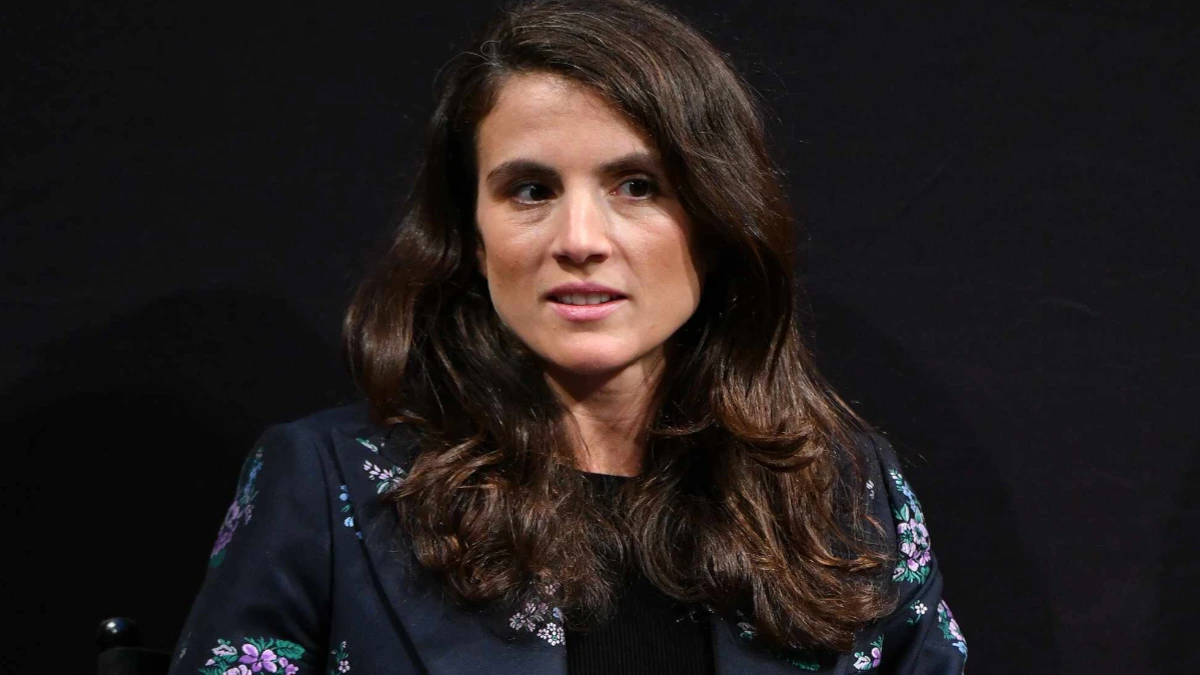Tatiana Schlossberg, 35, granddaughter of late President John F. Kennedy, revealed Saturday that she has been diagnosed with terminal cancer.
In an essay for The New Yorker, Schlossberg detailed her diagnosis of acute myeloid leukemia and said her doctors expect she may live less than a year.
Schlossberg, a journalist and daughter of Caroline Kennedy and Edwin Schlossberg, disclosed that her condition was discovered following the birth of her daughter in May 2024.
Her white blood cell count had spiked to 131,000 cells per microliter, far above the normal range of four to 11 thousand cells per microliter, prompting further testing.
Acute myeloid leukemia, or AML, is a cancer of the blood and bone marrow that progresses rapidly if untreated. Experts say early detection is critical, though prognosis varies depending on age, overall health, and response to treatment.
Schlossberg wrote that her initial reaction was disbelief. “I did not—could not—believe that they were talking about me,” she said. “I had swum a mile in the pool the day before, nine months pregnant. I wasn’t sick. I didn’t feel sick. I was actually one of the healthiest people I knew.”
She said she and her husband, George Moran, who is a doctor, already had a three year old son at the time of her diagnosis. She now faces several months of chemotherapy and a bone marrow transplant.
Dr. Michael Stanton, a hematologist at Boston Medical Center, said AML can present suddenly and often without clear symptoms, particularly in otherwise healthy adults.
“White blood cell counts can rise dramatically before patients feel unwell,” he said. “Pregnancy can mask or complicate detection, so this is not unusual.”
Leukemia specialists emphasize that survival rates for AML vary significantly. According to the American Cancer Society, the five year survival rate for adults under 60 is about 35 percent, but it drops in cases diagnosed later or with aggressive subtypes.
Dr. Anna Reynolds, a cancer researcher at Johns Hopkins University, said early diagnosis and access to advanced treatments such as bone marrow transplantation can improve outcomes, but the prognosis remains serious.
AML is a very aggressive disease. Treatment can be grueling and carries risks, but some patients do achieve remission, she said.
Acute myeloid leukemia affects approximately 20,000 adults in the United States each year. The disease is more common in older adults, with the median age of diagnosis around 68.
Cases among younger adults, such as Schlossberg, are less frequent but often require intensive treatment protocols.
Pregnancy related complications can complicate diagnosis, experts say. Leukemia can mimic normal postpartum changes in blood counts, sometimes delaying detection. In Schlossberg’s case, the dramatic rise in white blood cells was a key indicator for her medical team.
Family friends expressed support and admiration for Schlossberg’s openness. “Tatiana is incredibly strong and thoughtful,” said Emily Carter, a friend of the family. “She’s facing something unimaginable with courage and grace.”
Schlossberg’s essay also touched on the emotional weight of balancing motherhood and serious illness. “I had just brought a new life into the world,” she wrote. “Suddenly I was facing the possibility that I might not live to watch my children grow up.”
Health advocates say public disclosures like Schlossberg’s can raise awareness about leukemia and the importance of monitoring blood health. “High profile cases help bring attention to rare but deadly conditions,” said Dr. Stanton.
Schlossberg’s treatment plan includes multiple months of chemotherapy followed by a bone marrow transplant, which remains the standard of care for aggressive AML. Specialists say patient responses vary widely and the next year will likely be critical.
“We are hopeful that advances in treatment can extend her life and improve quality of life,” Dr. Reynolds said. “However, AML remains unpredictable, and the prognosis is cautious.”
Her family and medical team are preparing for both intensive care and palliative support, emphasizing comfort and quality of life. Friends say Schlossberg is committed to documenting her experience to help others facing similar diagnoses.
Tatiana Schlossberg’s announcement highlights both the sudden nature of acute myeloid leukemia and the challenges it poses, even for those previously healthy.
While her prognosis is uncertain, her openness underscores the importance of awareness, early detection, and access to specialized treatment.
Schlossberg’s essay in The New Yorker is drawing attention to AML and its impact on families, and her story may encourage others to monitor their health closely and seek timely medical evaluation.
